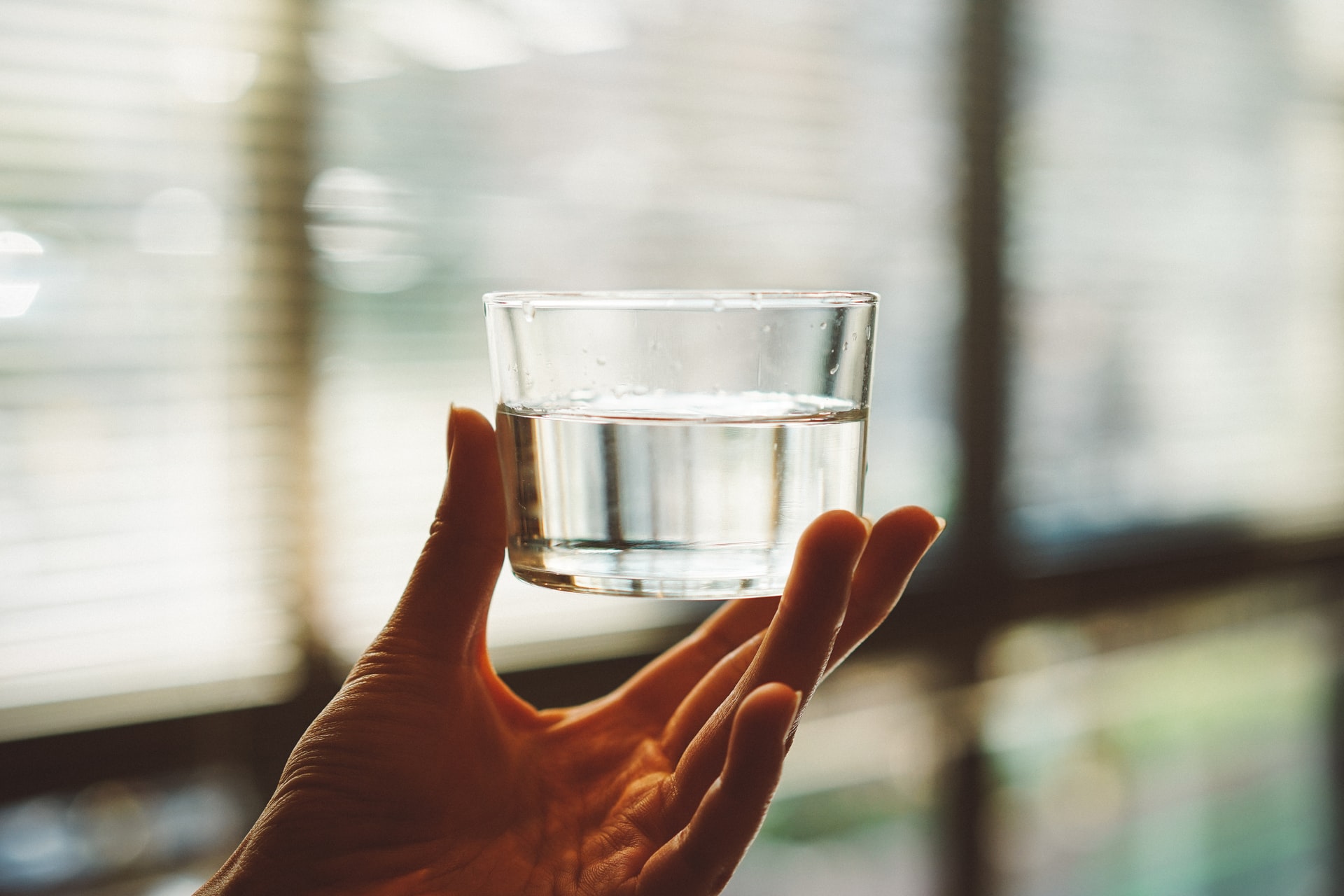
From August 1953 through December 1987, the Veterans Administration and Department of Defense acknowledged that the drinking water at Camp Lejeune contained several harmful chemicals, including Trichloroethylene (TCE), Perchloroethylene (PCE), Benzene, Vinyl chloride, and other dangerous compounds.
Investigations concluded that in some areas, chemical levels were 400 times what the Environmental Protection Agency safety standards allow. Scientific and medical evidence has shown an association between exposure to these contaminants from August 1953 through December 1987 and the development of certain diseases. Unfortunately, most veterans and family members were unaware of contaminants in the water they drank, bathed, and swam in.
The two on-base water wells containing these chemicals were shut down in 1985. The Marine Corps maintains that the water at Camp Lejeune is safe to drink today and has been since at least March 1987.
In a press release dated October 24, 2007, the Marine Corps assured Camp Lejeune complies with the comprehensive federal and state laws and regulations established to ensure safe drinking water. Drinking water is checked for volatile organic compounds quarterly (more frequently than required by law) to ensure water is not impacted.
The base issues annual Consumer Confidence Reports to all residents of Camp Lejeune on the quality of their water. Given the wells that contained the harmful chemicals were shut down and the Marine Corps’ actions to ensure water safety to date, it appears the water at Camp Lejeune is now safe to drink.
Our monthly newsletter features about important and up-to-date veterans' law news, keeping you informed about the changes that matter.